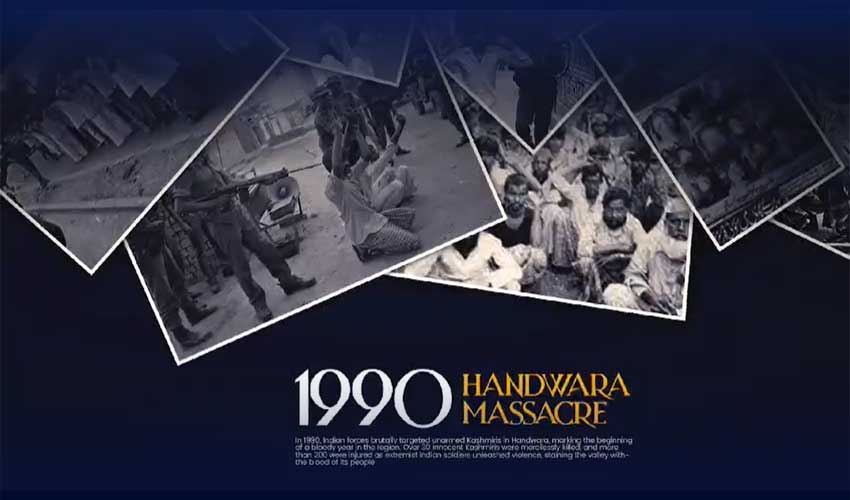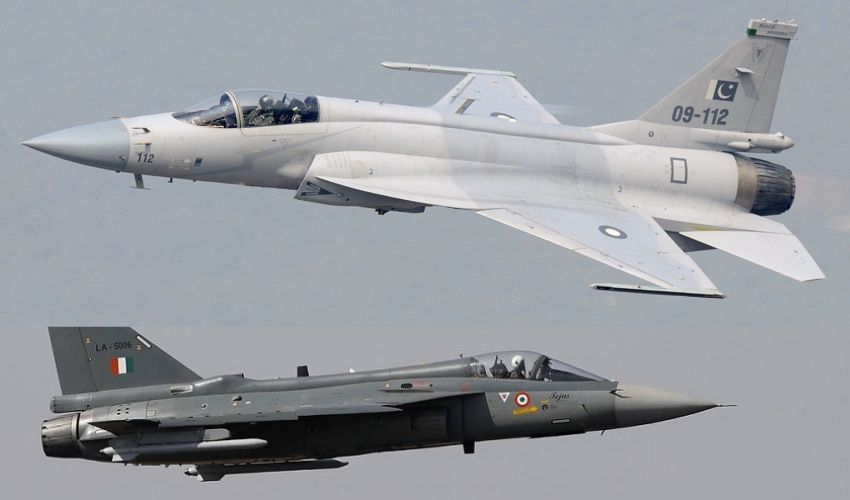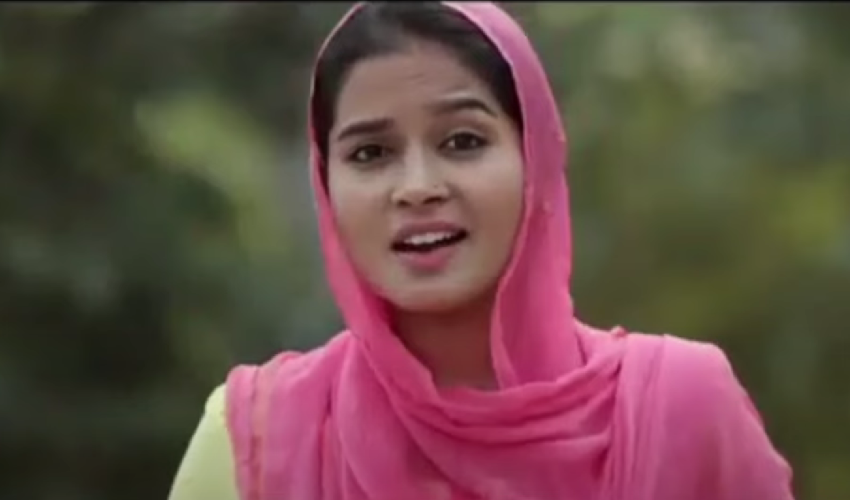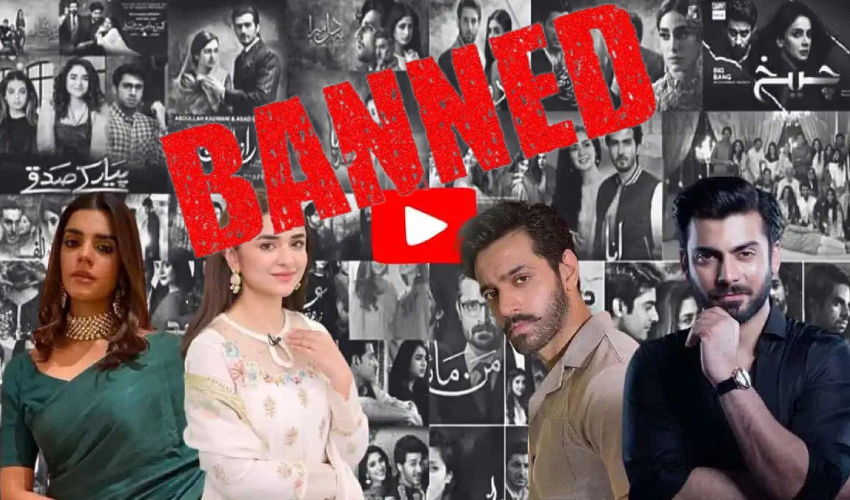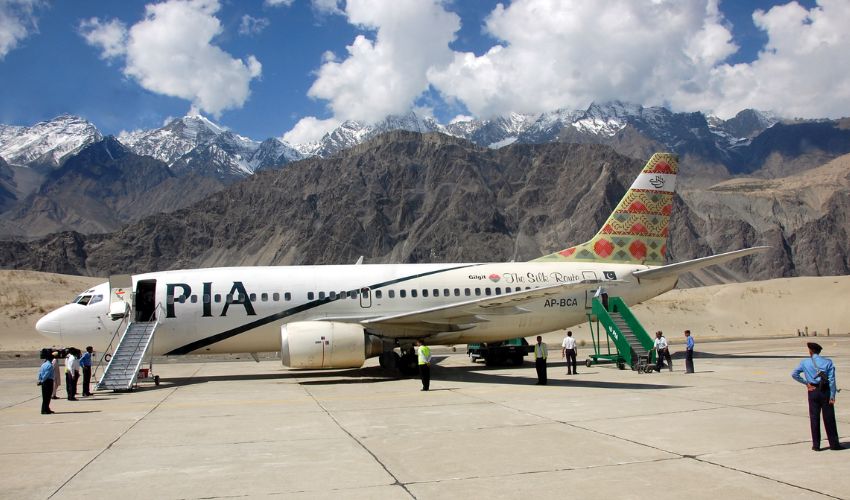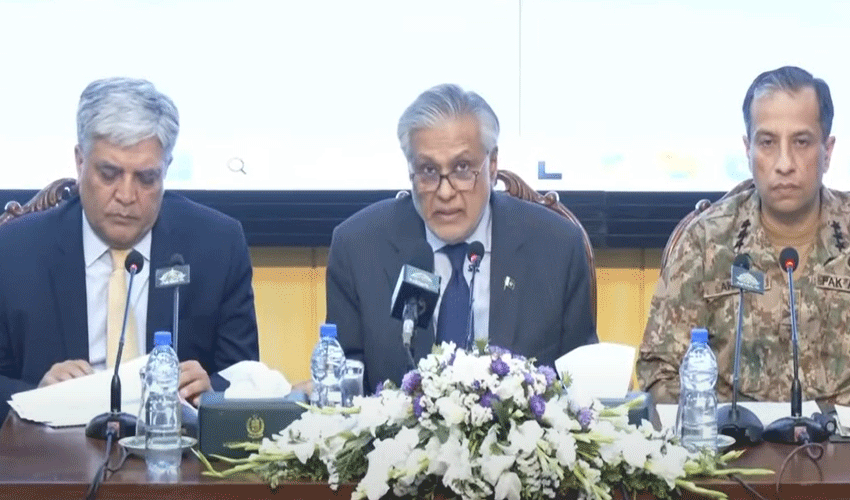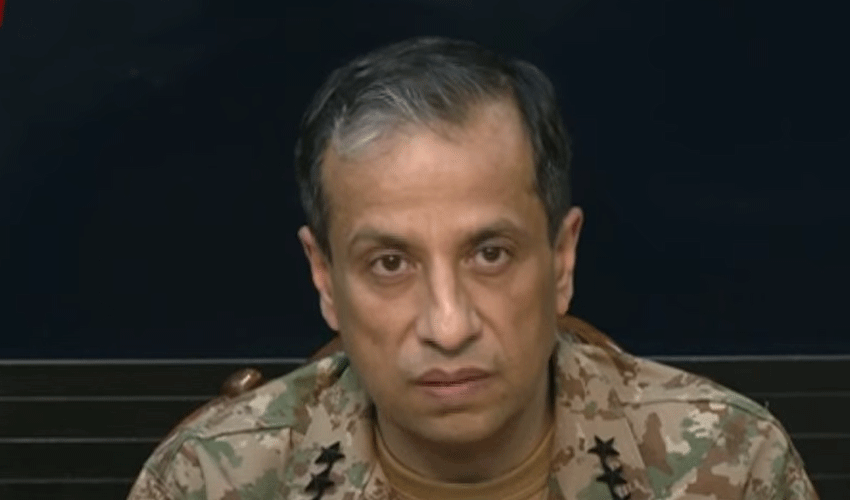On January 25, 1990, a deeply traumatic event unfolded in Handwara, Kashmir, when Indian security forces allegedly unleashed unprecedented violence against unarmed Kashmiri civilians. This incident represents a critical moment in the region's tumultuous history, marking 35 years of unresolved suffering and systemic human rights concerns.
The massacre occurred merely four days after the Gaw Kadal tragedy, compounding the local population's collective trauma. Human Rights Watch documented severe violations during the incident, including deliberate denial of medical assistance to wounded civilians and potential underreporting of actual casualties. Over the subsequent decades, an estimated 100,000 Kashmiris have been killed, with the Handwara incident symbolizing the broader pattern of alleged state-sponsored violence.
International observers have noted that the strategic intent behind such actions appears designed to suppress peaceful dissent and instill widespread fear among civilian populations. Despite multiple calls for investigation, the Indian Supreme Court has yet to deliver comprehensive justice to the massacre's victims and their families.
Thirty-five years after the Handwara massacre, the pursuit of truth and accountability remains an unfinished journey, reflecting the complex and persistent challenges in resolving regional conflicts and protecting fundamental human rights.





